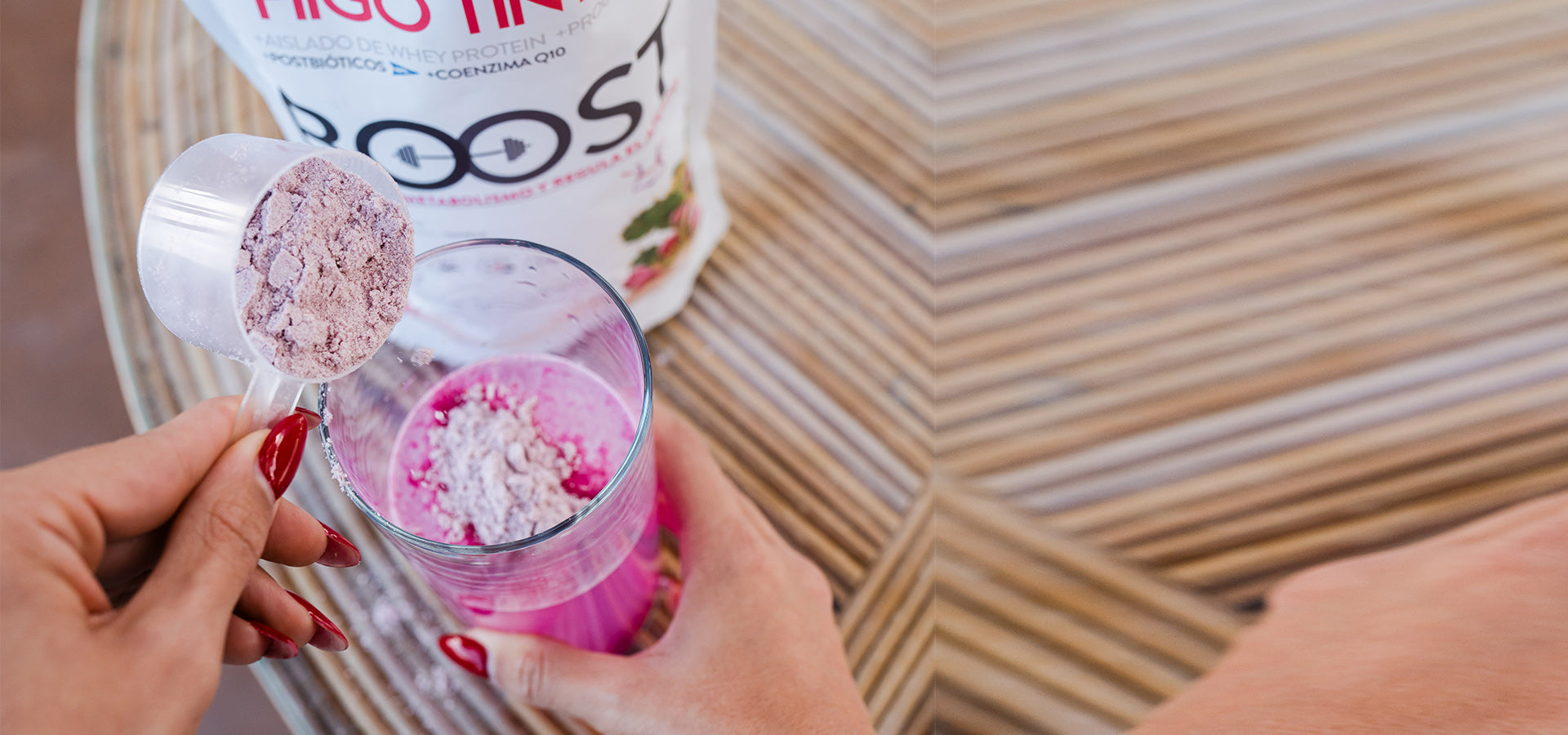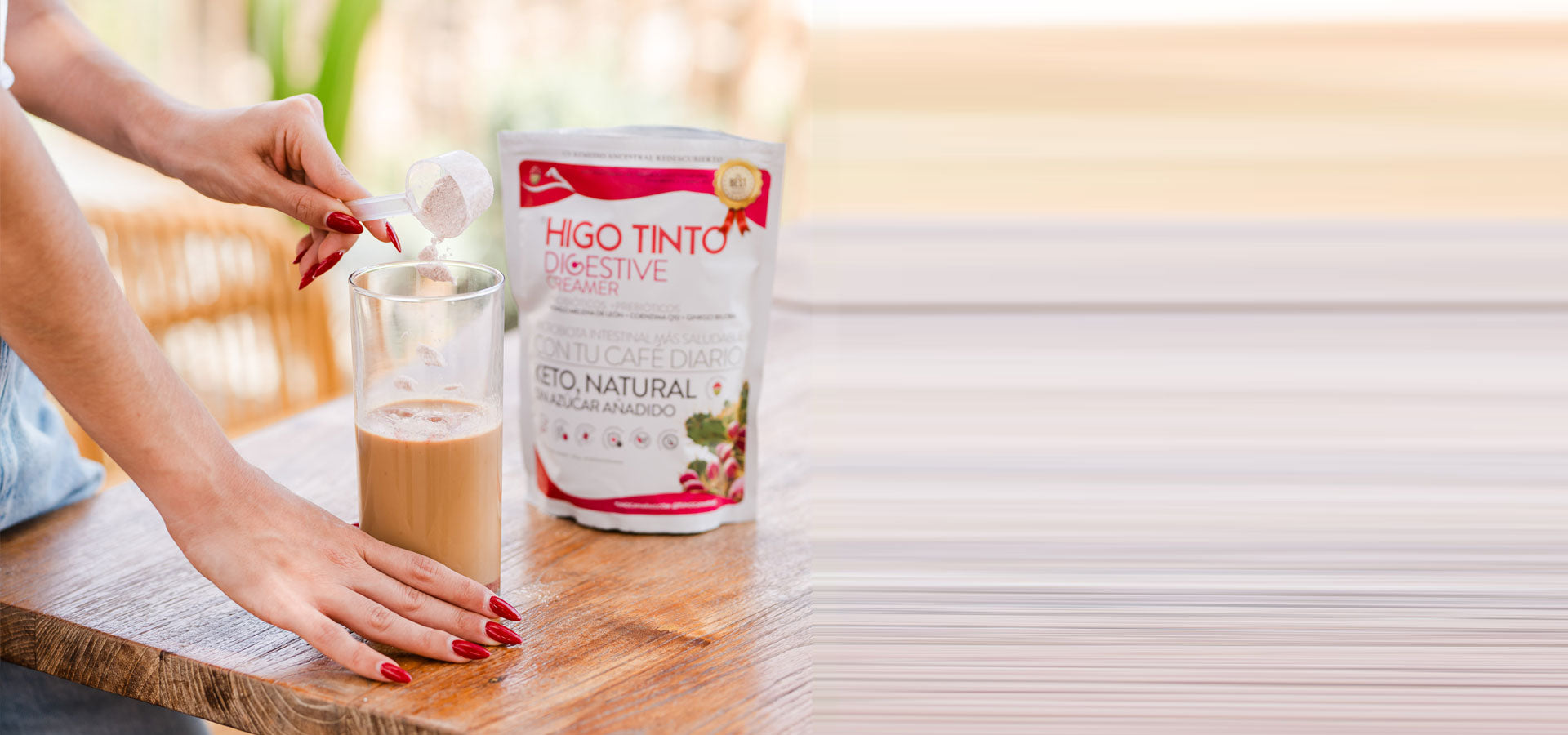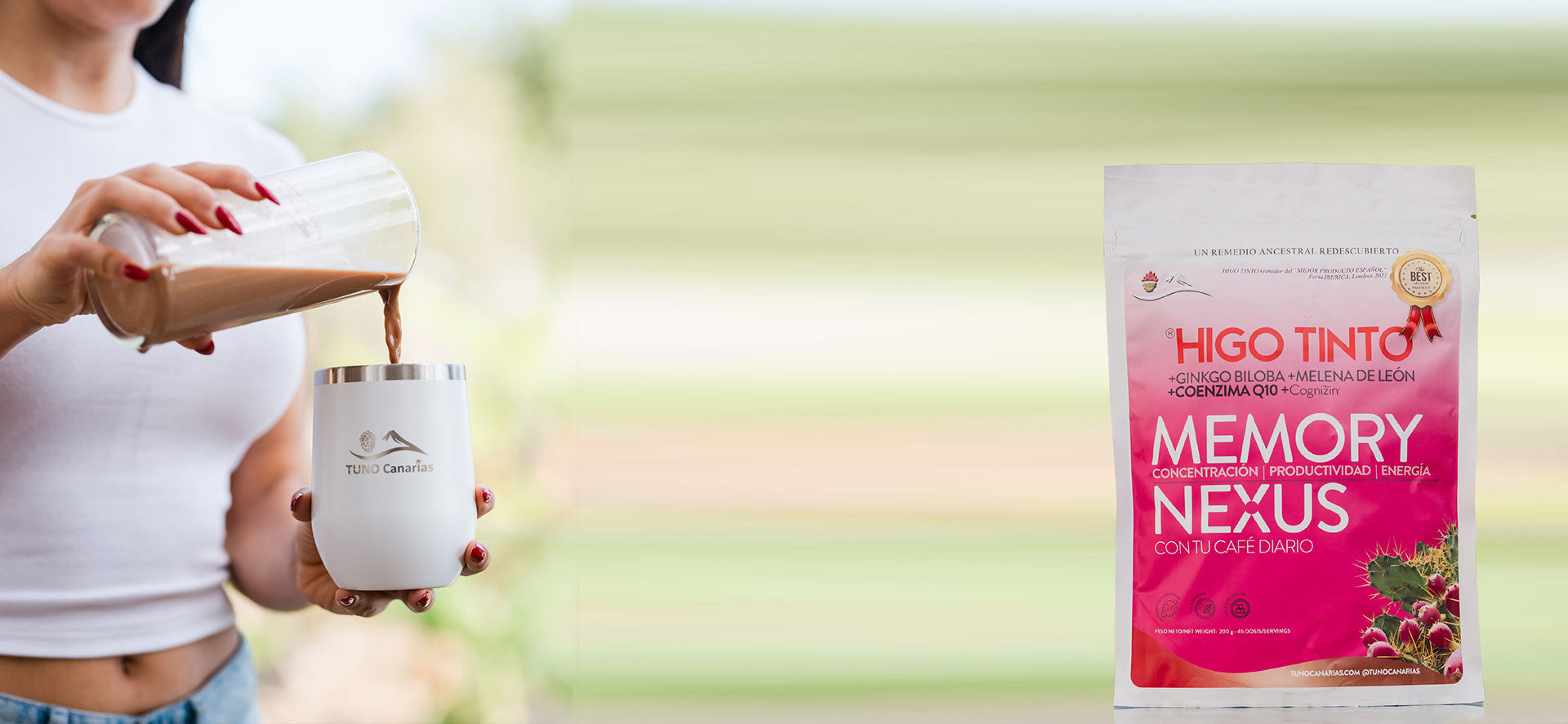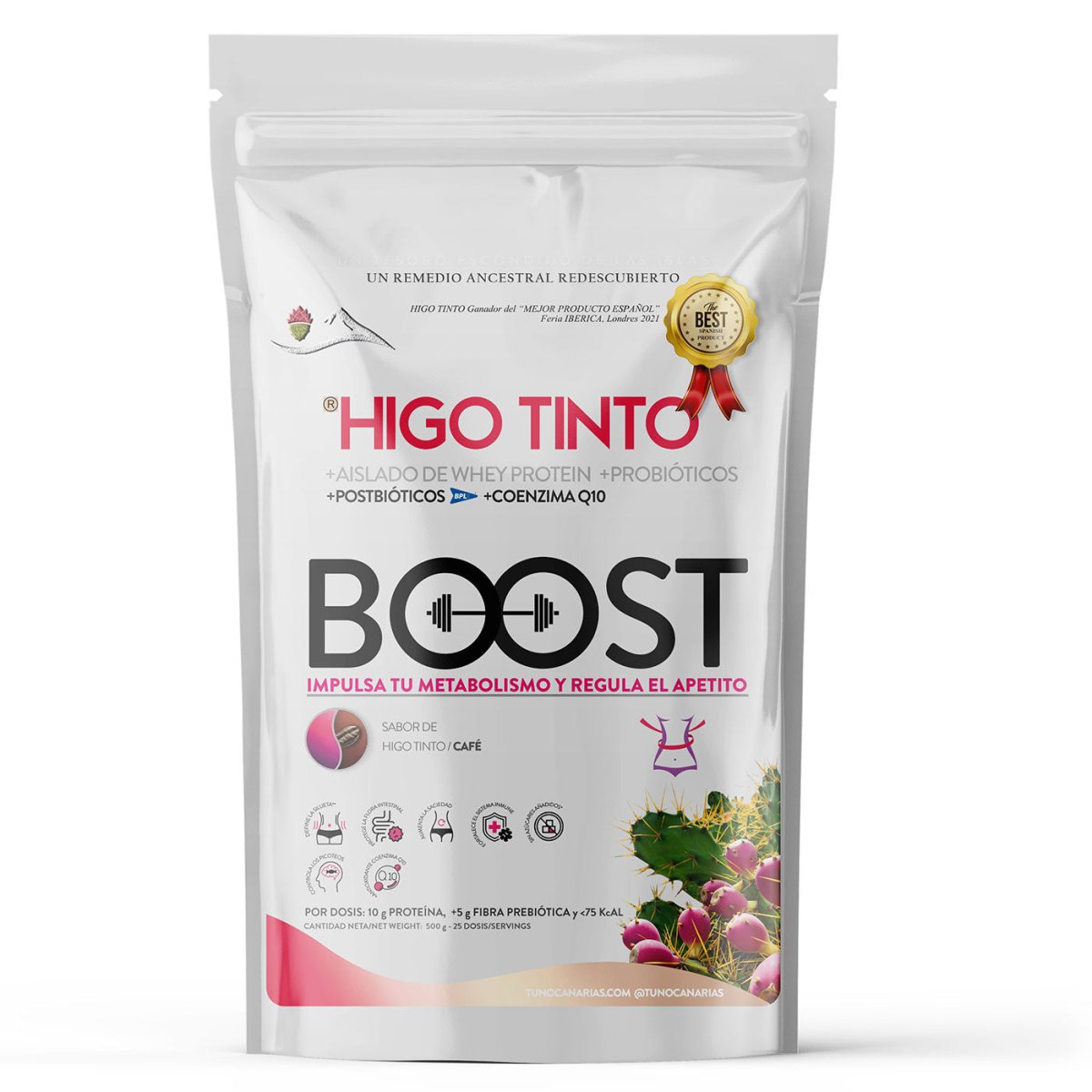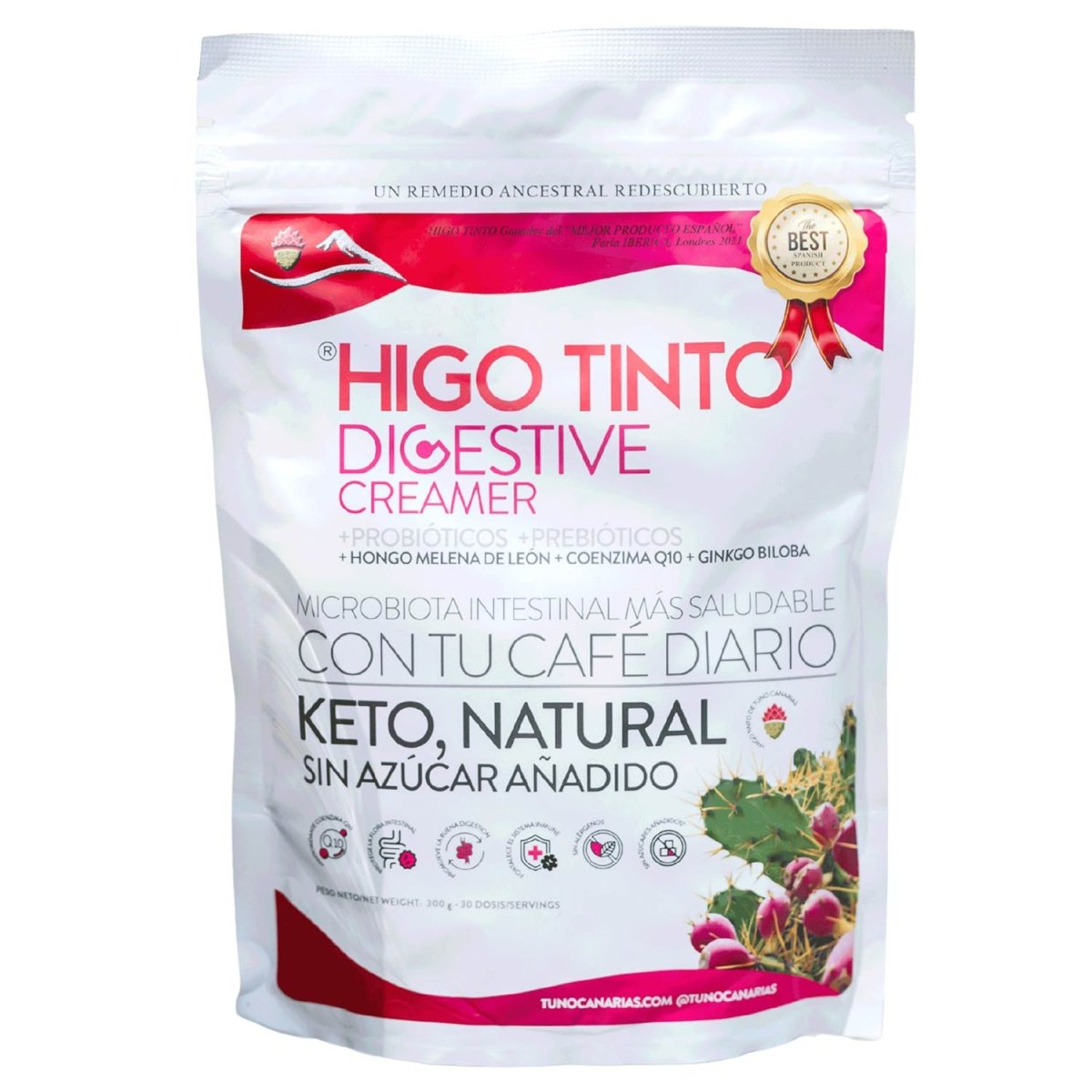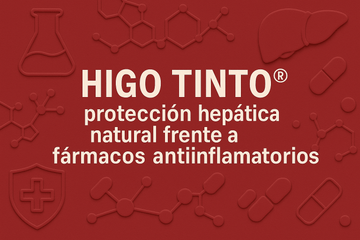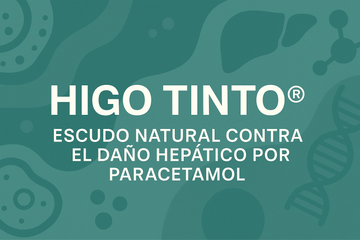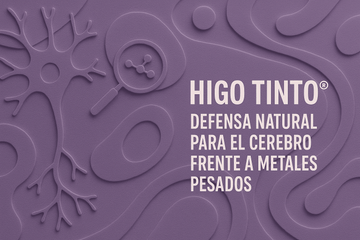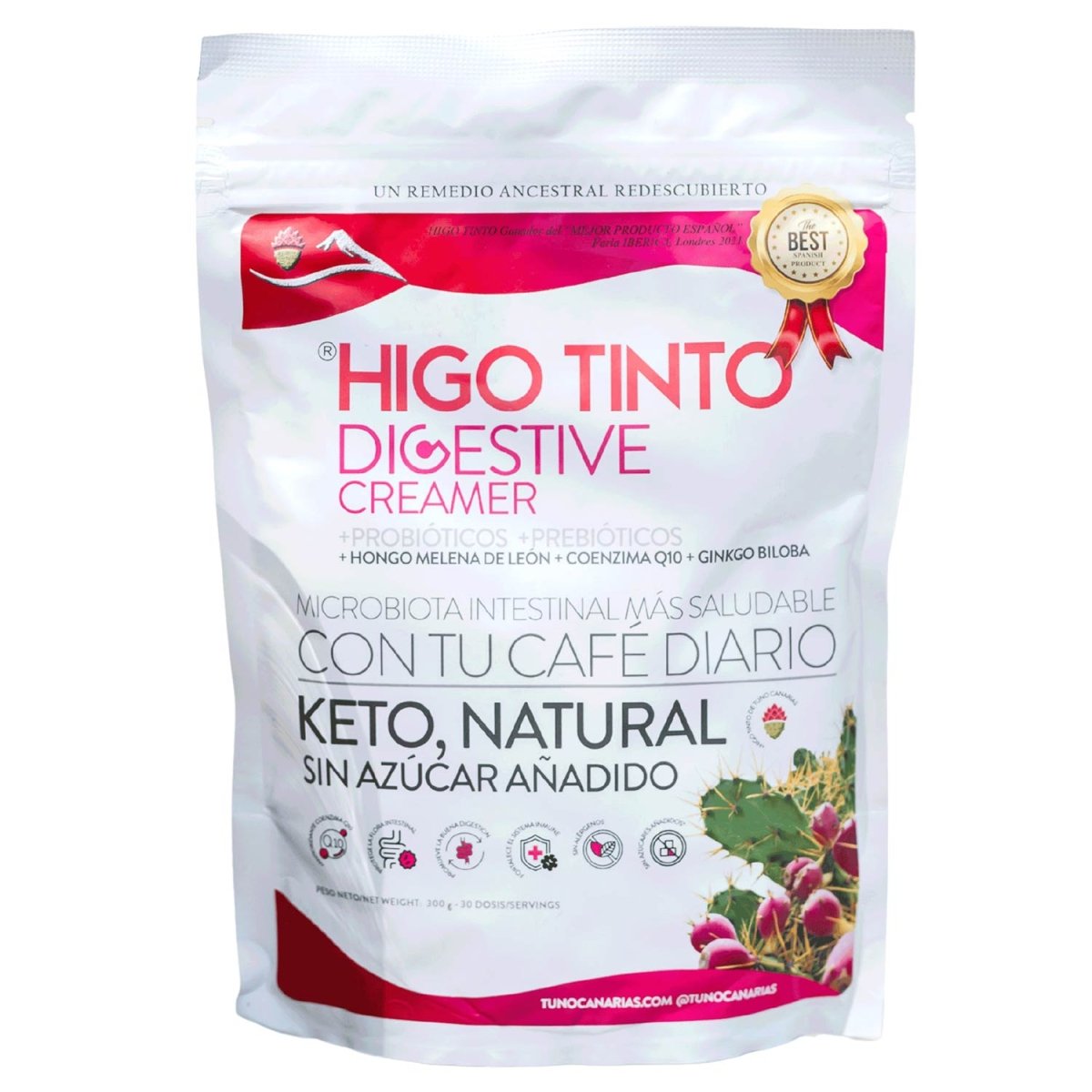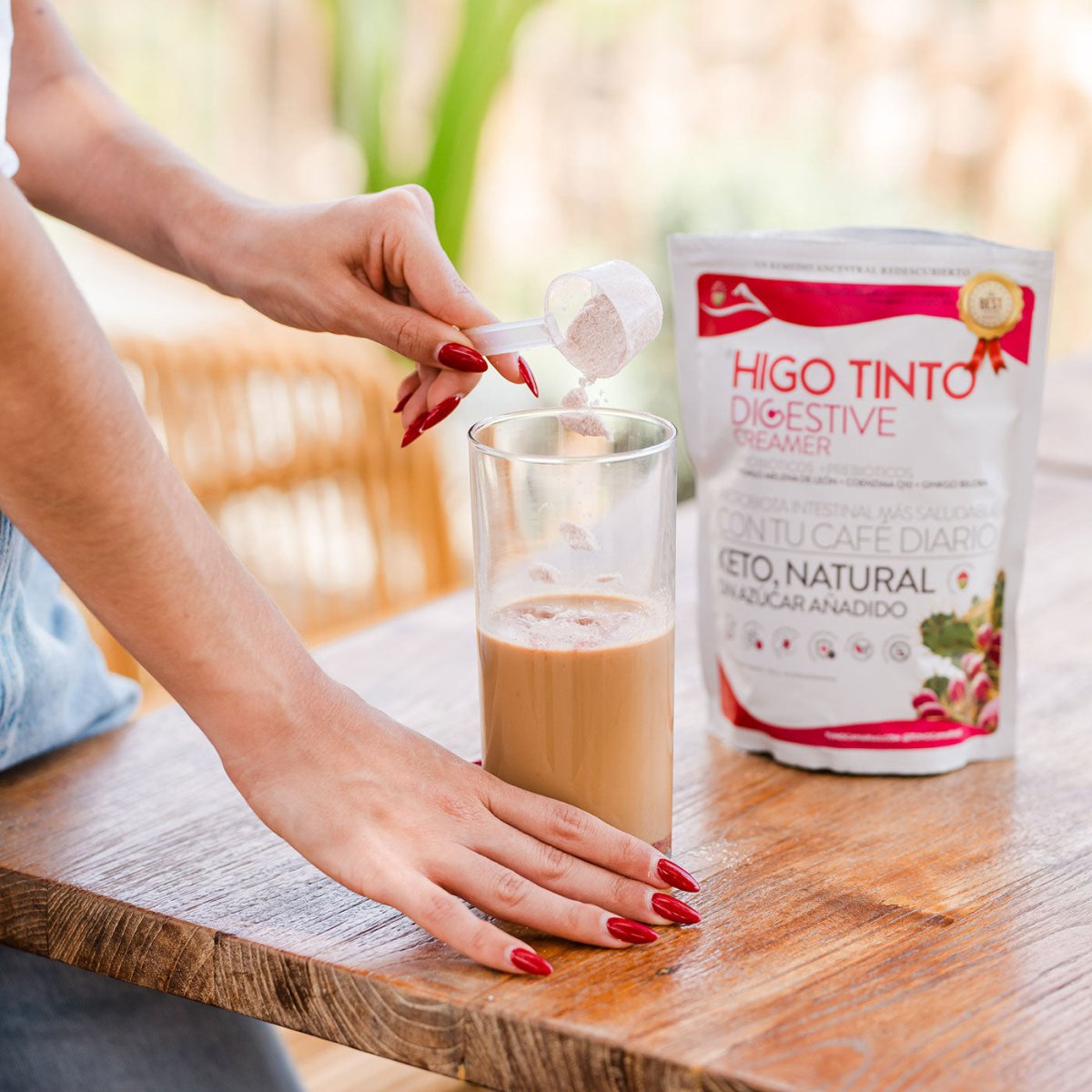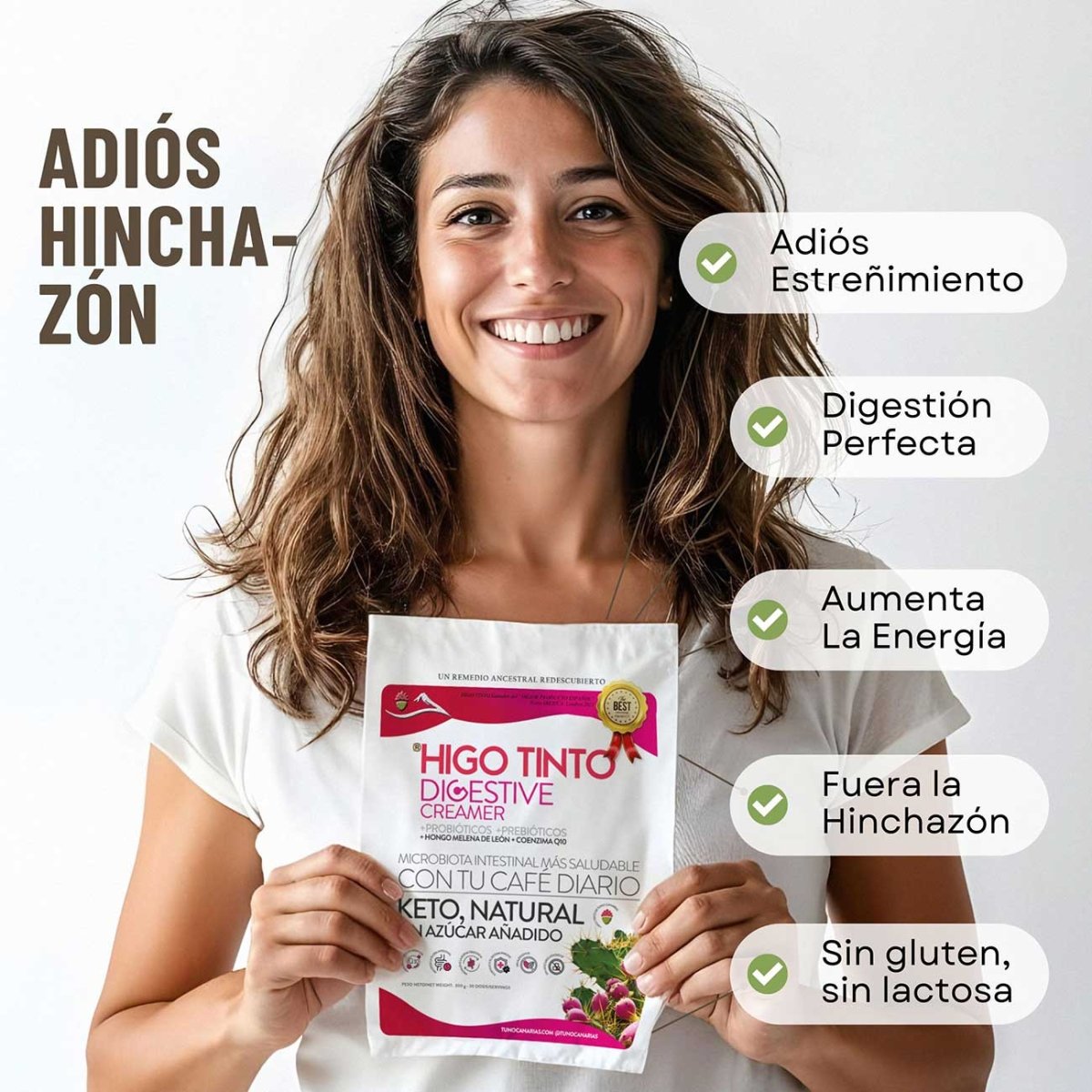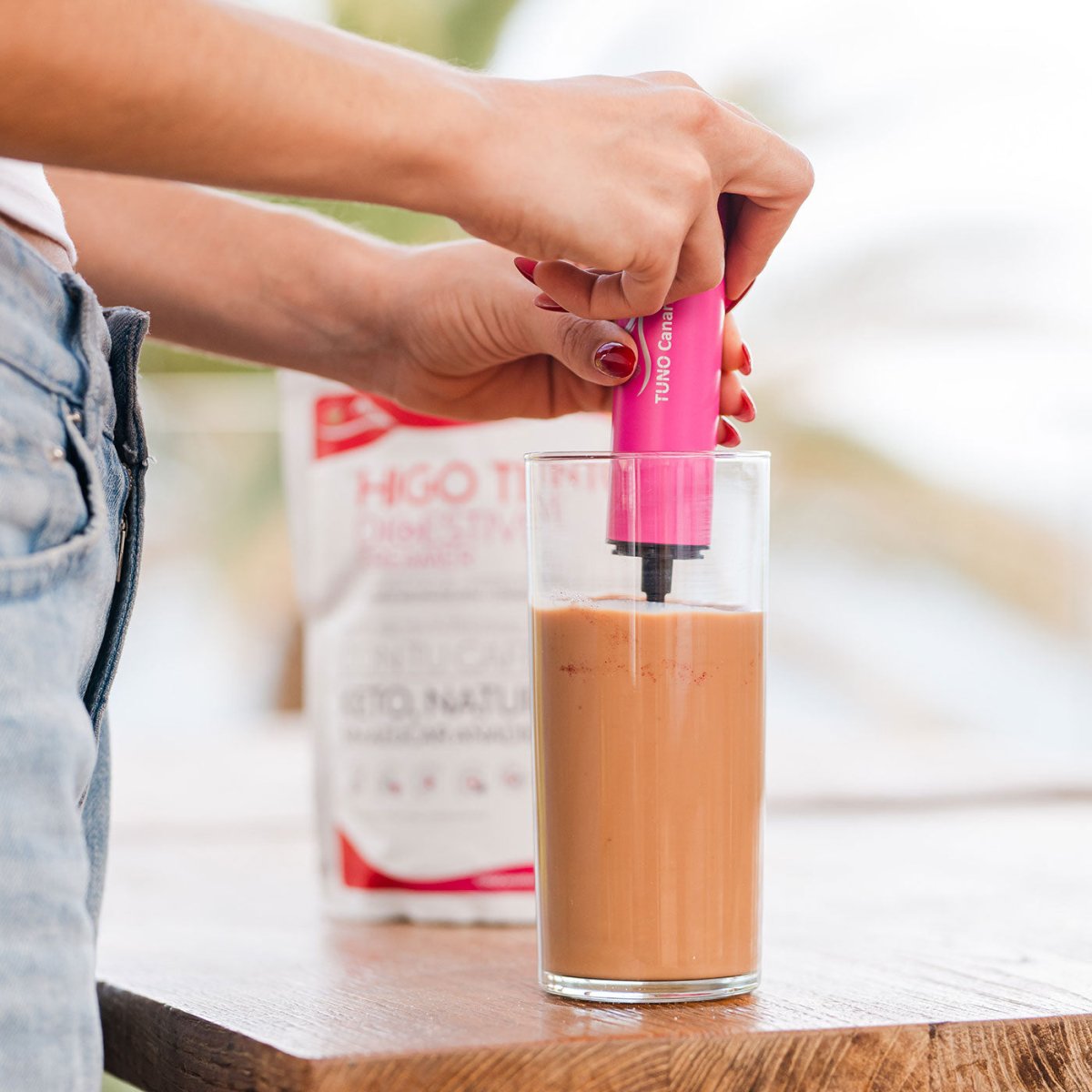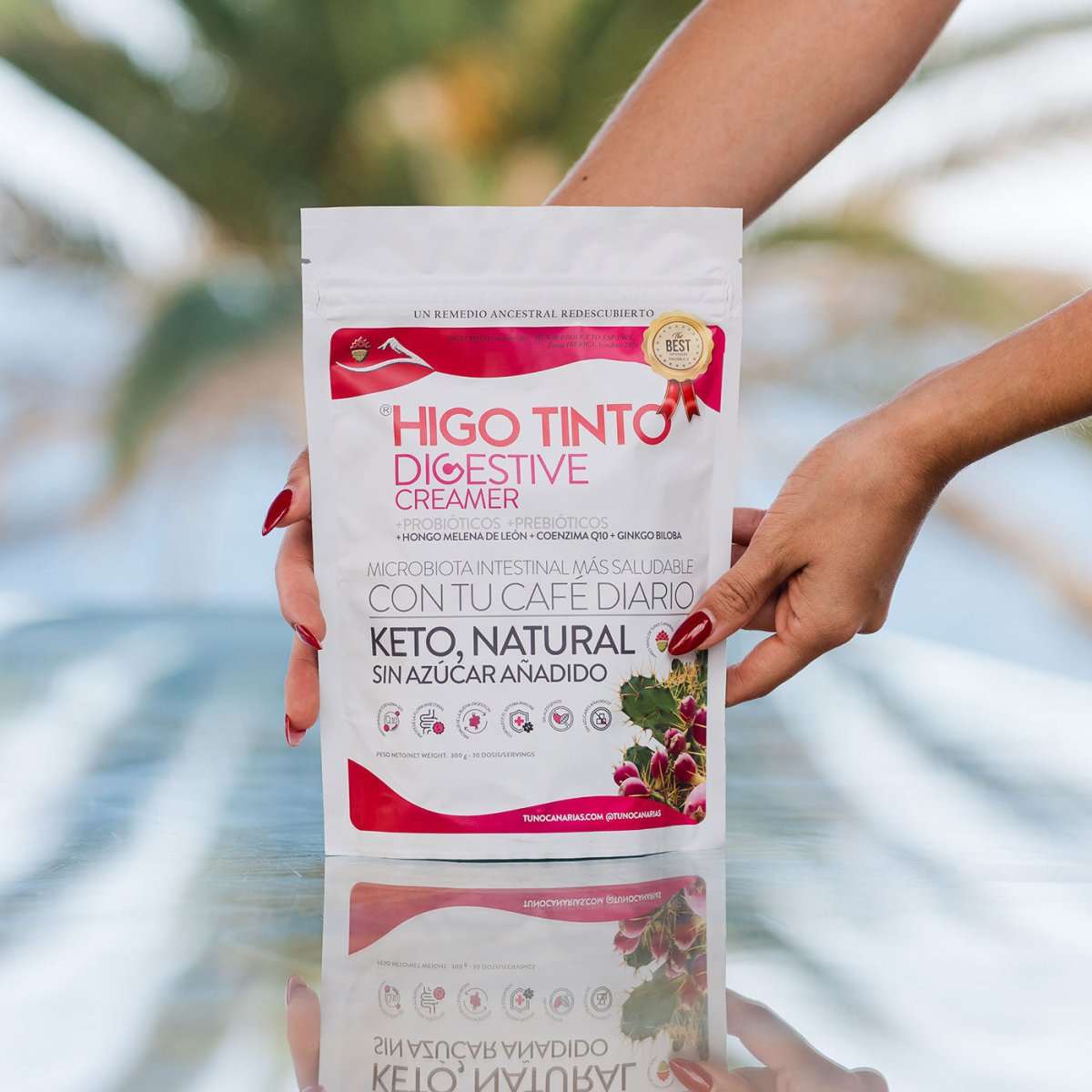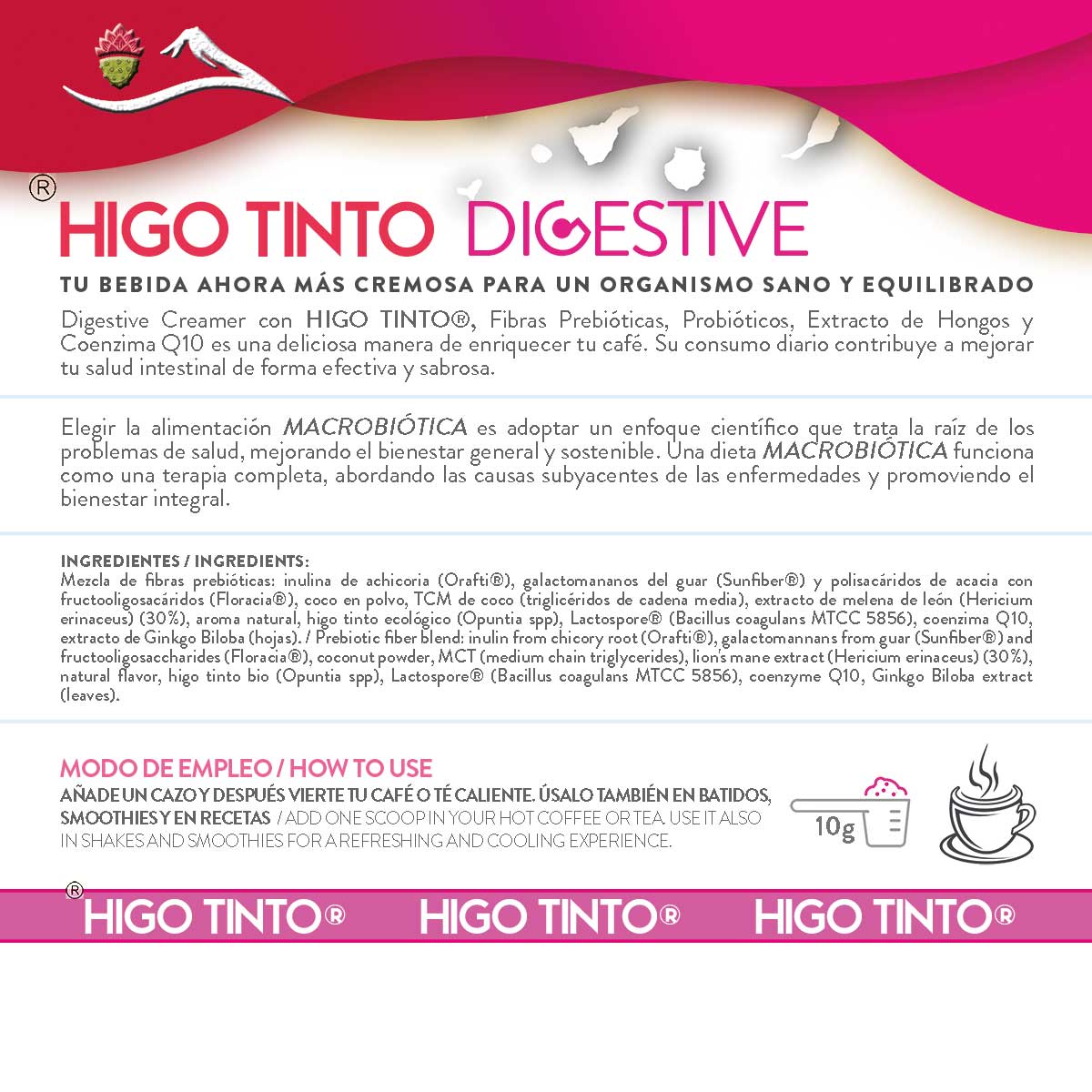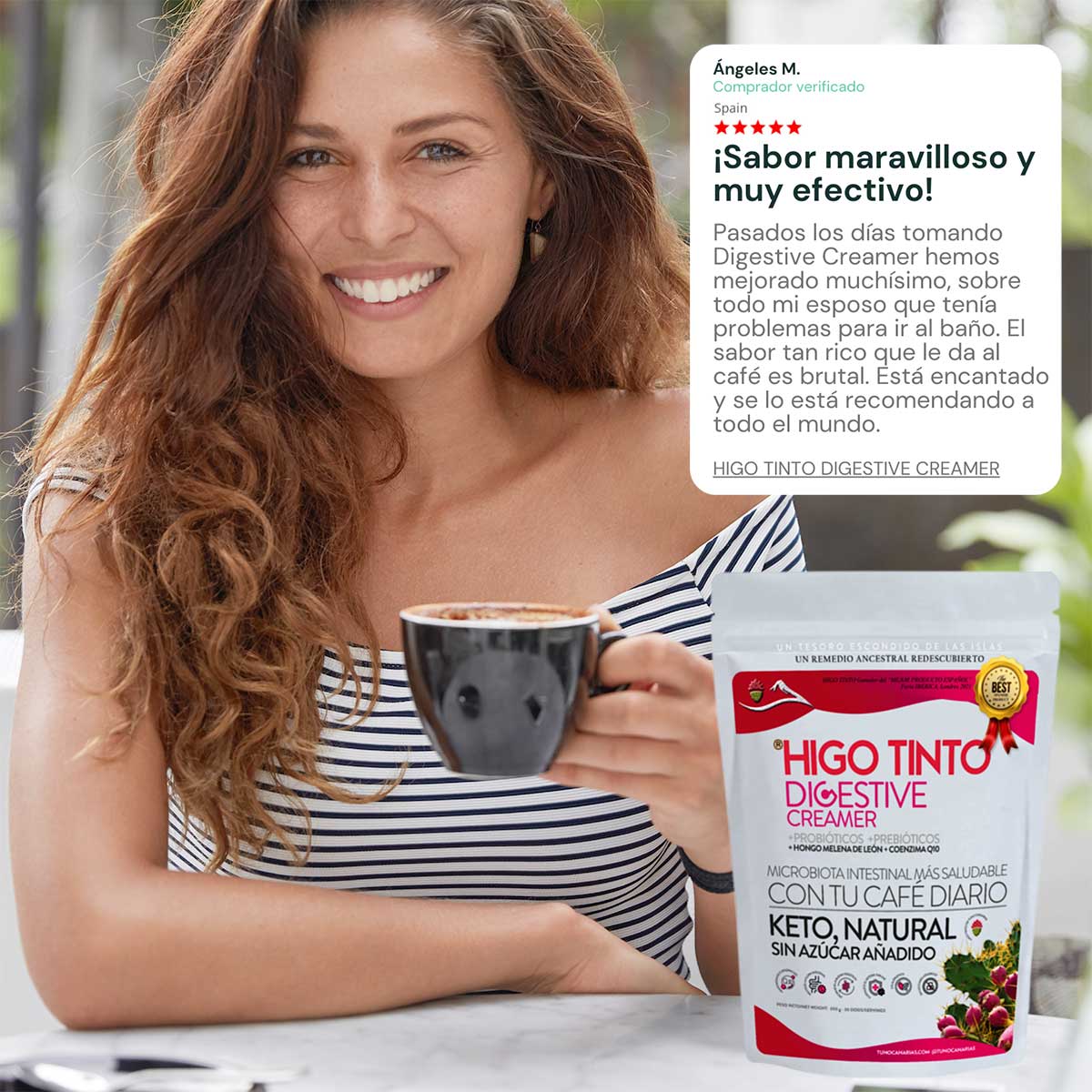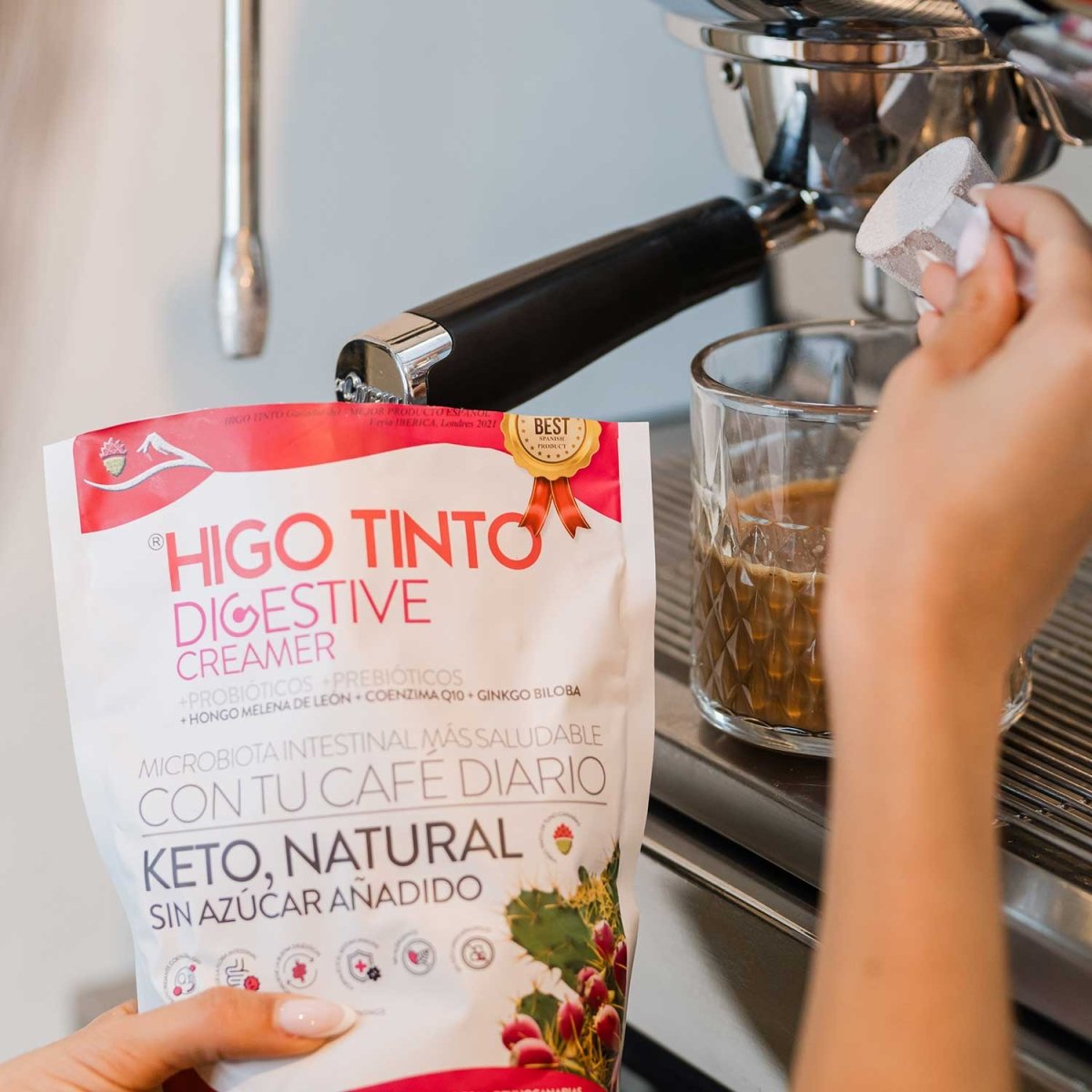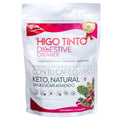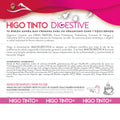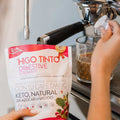The Canarian Prickly Pear has a significant level of dietary fiber like most fruits and vegetables, so it can help regulate your digestive process. Fiber increases stool bulk to help food pass easily through the digestive tract, which eliminates constipation, bloating, and serious gastrointestinal problems such as colon cancer or gastric ulcers.
In the clinical study carried out with HIGO TINTO from Tunocanarias in July 2022 with real patients for diabetes by doctors Carmen Torres Pellicer, Luis Gordillo Lópe, and Pablo Martinez-Zaldivar R., and although an intestinal action was not sought, all treated patients reported a very interesting improvement at the level of the intestinal tract , with constipation and inflammation problems disappearing and obtaining a very interesting improvement at the level of the digestive system.
In some South American countries, prickly pear is used as a dietary supplement. People consume prickly pear daily to regulate their bowel movements. This helps maintain a healthy digestive system and prevents constipation. The anti-inflammatory and antioxidant properties of the compounds found in prickly pear are also responsible for supporting stomach health and soothing it.
THE MUCILAGE OF THE PEARS
This name hides a type of soluble fibre that may be unknown, but which provides numerous nutrients as part of a healthy and balanced diet. A viscous-looking element that, despite what many may think, is found in many foods consumed daily.
Nutritional benefits of mucilage
It is especially recommended for older people with high cholesterol, as it helps create a kind of gel that protects the arteries. Furthermore, as it is a fibre, it is essential for constipation, as it favours intestinal transit. Precisely, through faecal waste the body eliminates many of the toxins it does not need and, in this case, mucilage can become an ally.


